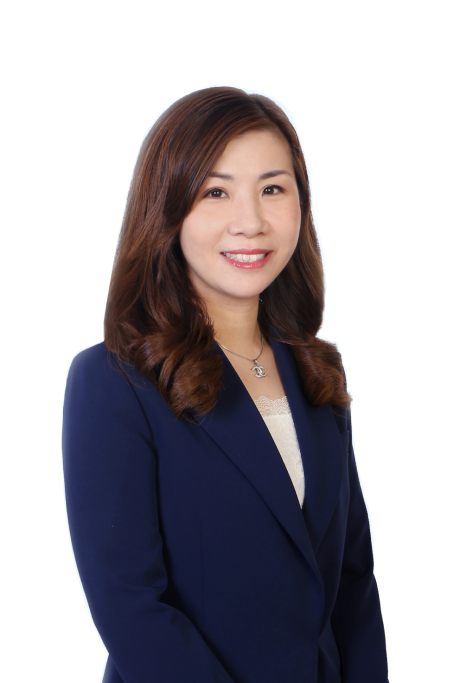



Symptoms of piles may be similar to other colorectal conditions, such as colorectal cancer. We strongly advise you to seek medical advice early to rule out other conditions. Additionally, serious piles that go untreated may lead to more serious complications such as infection and anal fistulas.
Dr. Sim Hsien Lin’s main sub-specialty is in colorectal surgery. In addition, her sub interests include laparoscopic colorectal surgery, transanal endoscopic microsurgery, management of piles, inflammatory bowel diseases, complex anal fistulas as well as diagnostic and therapeutic endoscopic procedures.


Dr. Sim Hsien Lin is a specialist colorectal surgeon in Singapore with over 10 years of experience in colorectal surgery. Her sub interests include laparoscopic colorectal surgery, transanal endoscopic microsurgery (TEMS), surgical management of piles, inflammatory bowel diseases and complex anal fistulas.
Read Full Bio

In most cases, symptoms of piles are not serious and go away on their own after a few days. You may have piles if you’re experiencing the following:
Piles generally develop when there’s increased pressure in your lower rectum and this may be due to the following:
The risk of developing piles increases as you age due to the weakening and stretching of the tissues that support the veins in the rectum.
During pregnancy, the weight of the baby may put pressure on the anal region, causing piles.
Larger haemorrhoids are usually diagnosed by a physical examination by your colorectal specialist. However, smaller haemorrhoids that do not prolapse cannot be felt, and your specialist may use a proctoscope to see the haemorrhoids.
Come visit our clinic, which are equipped with modern and updated equipment, and a team that will take care of all your needs.
Dr. Sim became a Fellow of the Royal College of Surgeons (Edinburgh) in 2011, winning the Gold Medal award at the FRCS Exit Examination that year.
Dr. Sim firmly believes that transdisciplinary care is the key to supporting both the elderly and complex patients through their perioperative and recovery journey.
Please fill up this form and we’ll get back to you shortly!

For quicker response, call us at+65 6261 9227

Chat with our friendly clinic staff through WhatsApp!
Grade 1 piles are small swellings on the inside lining of the anal canal that cannot be seen or felt from the outside. They do not prolapse or protrude out of the anus. These are common and can be diagnosed using a proctoscope during a proctoscopy.
Grade 1 piles are usually treated with medications or topical suppositories.
Suppositories are a type of topical medicine meant to be inserted into the rectum, where they dissolve and are absorbed through the lining of the rectum. Your doctor may prescribe constipation medications to prevent your piles from recurring.
Due to the small size of Grade 1 piles, no surgical intervention is necessary.
Grade 2 haemorrhoids are internal haemorrhoids that prolapse but then go back inside the anal canal spontaneously without interference.
For Grade 2 haemorrhoids, doctors will often try conservative treatment therapies, such as painless in-office treatment procedures like rubber band ligation, injection sclerotherapy, or infrared coagulation. These treatments are performed on internal prolapsed haemorrhoids only, not external haemorrhoids. While these treatments for Grade 2 haemorrhoids usually last from six months to a year before they need to be repeated, results have shown that they can be effective on many patients and are done without anaesthesia and cause minimal discomfort.
Grade 3 – Haemorrhoid protrudes through the anus during straining or evacuation but needs to be manually returned to position.
Grade 4 – Hemorrhoid remains prolapsed outside of the anus and cannot be manually returned to position.
For treatment of Grade 3 and Grade 4 haemorrhoids, doctors will recommend surgical treatments. The most common surgical treatments are surgical haemorrhoid excision and surgical haemorrhoid stapling procedure.
Please speak to our friendly clinic staff about using your insurance plans.

Extended Panel
Dr. Sim firmly believes that transdisciplinary care is the key to supporting both the elderly and complex patients through their perioperative and recovery journey.
Book An Appointment